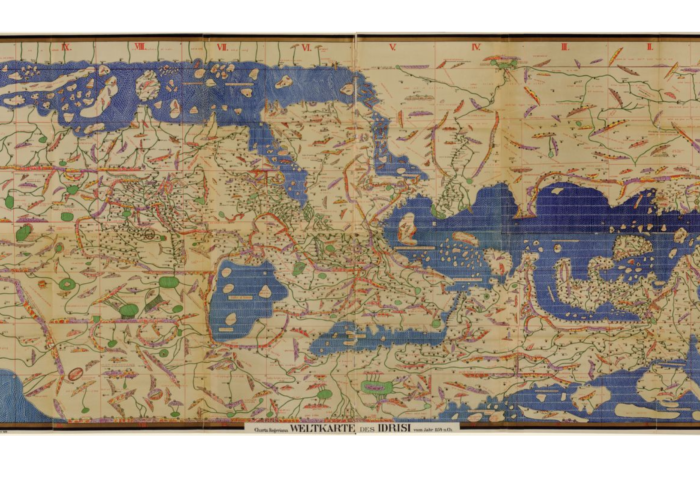Roundtable on the History of Islamic International Law
Posted on November 13, 2022
On November 1, 2022, via Zoom, we convened a live Roundtable on the History of Islamic International Law. Organized by Intisar Rabb (Harvard Law School) and Umut Özsu (Carleton University), who are editing a volume on the subject for the Cambridge History on International Law, this Roundtable brought together the contributing authors to that volume – all historians and legal scholars selected for their expertise on the contested status of various visions of international law from the medieval Islamic world to the Ottoman era (622-1923), spanning a variety of regions from across the globe.
Contributing scholars include Cemil Aydin (University of North Carolina, Chapel Hill), Fahad Bishara (University of Virginia), Malika Dekkiche (University of Antwerp), Mohammad Fadel (University of Toronto), Aimee Genell (University of West Georgia), Will Hanley (Florida State University), Suleiman Mourad (Smith College), Will Smiley (University of New Hampshire), Mathieu Tillier (University of Sorbonne), Joshua White (University of Virginia), and Adnan Zulfiqar (Rutgers Law School). During the Roundtable webinar, contributing scholars reflected on and deliberated the larger themes, lingering questions, and ongoing debates surrounding the history of what we have become accustomed to calling ‘international law’.
The first part of the Roundtable, which followed a a welcome from the editors, Intisar Rabb (Harvard Law School) and Umut Özsu (Carleton University), contains contributions on Islamic international law and relations across a vast region of the Islamic world in the medieval period, that is, spanning the beginning of Islam to the mid-15th century. The second part of the volume includes studies focusing on the Ottoman era, from the mid-15th century to the early 20th century, with particular emphasis on Ottoman-European relations and questions of private and public international law.
Following the panels, the roundtable transitioned into a dynamic and interdisciplinary group discussion. The contributors raised several important points for further reflection, including the role of non-Muslim Ottoman specialists in discussions and practices of international law; the role of not only jurists but rulers in the particular practice of Islamic law in the earlier and later periods; the ways in which Islamic law is recognized as customary law for the purposes of international law; and the historical contexts in which medieval jurists were discussing the law. The Roundtable concluded with remarks by the editors, who highlighted the interdisciplinary, cross-geographical, and cross-chronological nature of the contributions to the volume and how they impact trajectory of the study of international Islamic law.
The fun continues on our Islamic Law Blog throughout the month of November, where we are publishing essays and summaries that preview the Handbook and emerge from Roundtable. Read them today!

